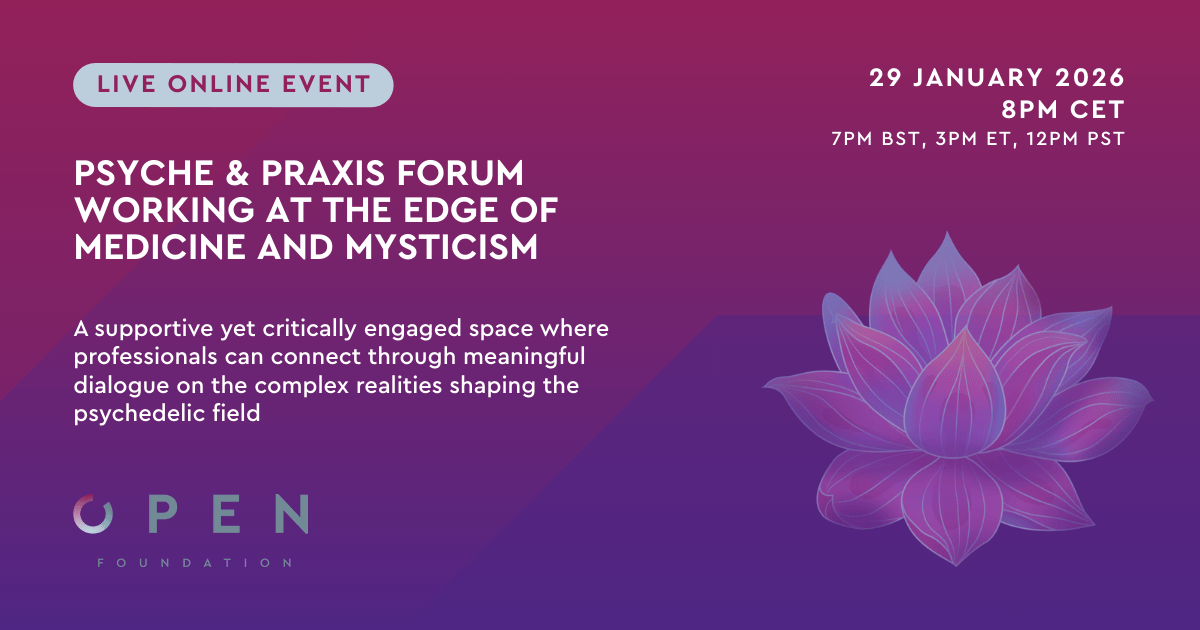Abstract
Approximately one-third of patients with major depressive disorder (MDD) do not respond to existing antidepressants, and those who do generally take weeks to months to achieve a significant effect. There is a clear unmet need for rapidly acting and more efficacious treatments. We will review recent developments in the study of ketamine, an old anaesthetic agent which has shown significant promise as a rapidly acting antidepressant in treatment-resistant patients with unipolar MDD, focusing on clinically important aspects such as dose, route of administration and duration of effect. Additional evidence suggests ketamine may be efficacious in patients with bipolar depression, post-traumatic stress disorder and acute suicidal ideation. We then discuss the safety of ketamine, in which most neuropsychiatric, neurocognitive and cardiovascular disturbances are short lasting; however, the long-term effects of ketamine are still unclear. We finally conclude with important information about ketamine for primary and secondary physicians as evidence continues to emerge for its potential use in clinical settings, underscoring the need for further investigation of its effects.
Schwartz, J., Murrough, J. W., & Iosifescu, D. V. (2016). Ketamine for treatment-resistant depression: recent developments and clinical applications. Evidence-based mental health. http://dx.doi.org/10.1136/eb-2016-102355











